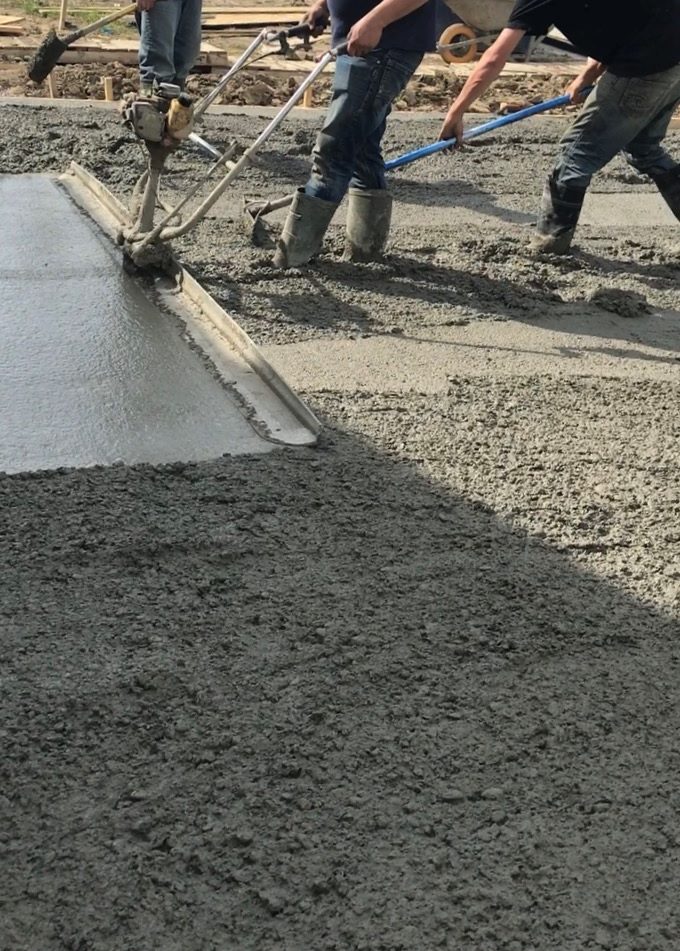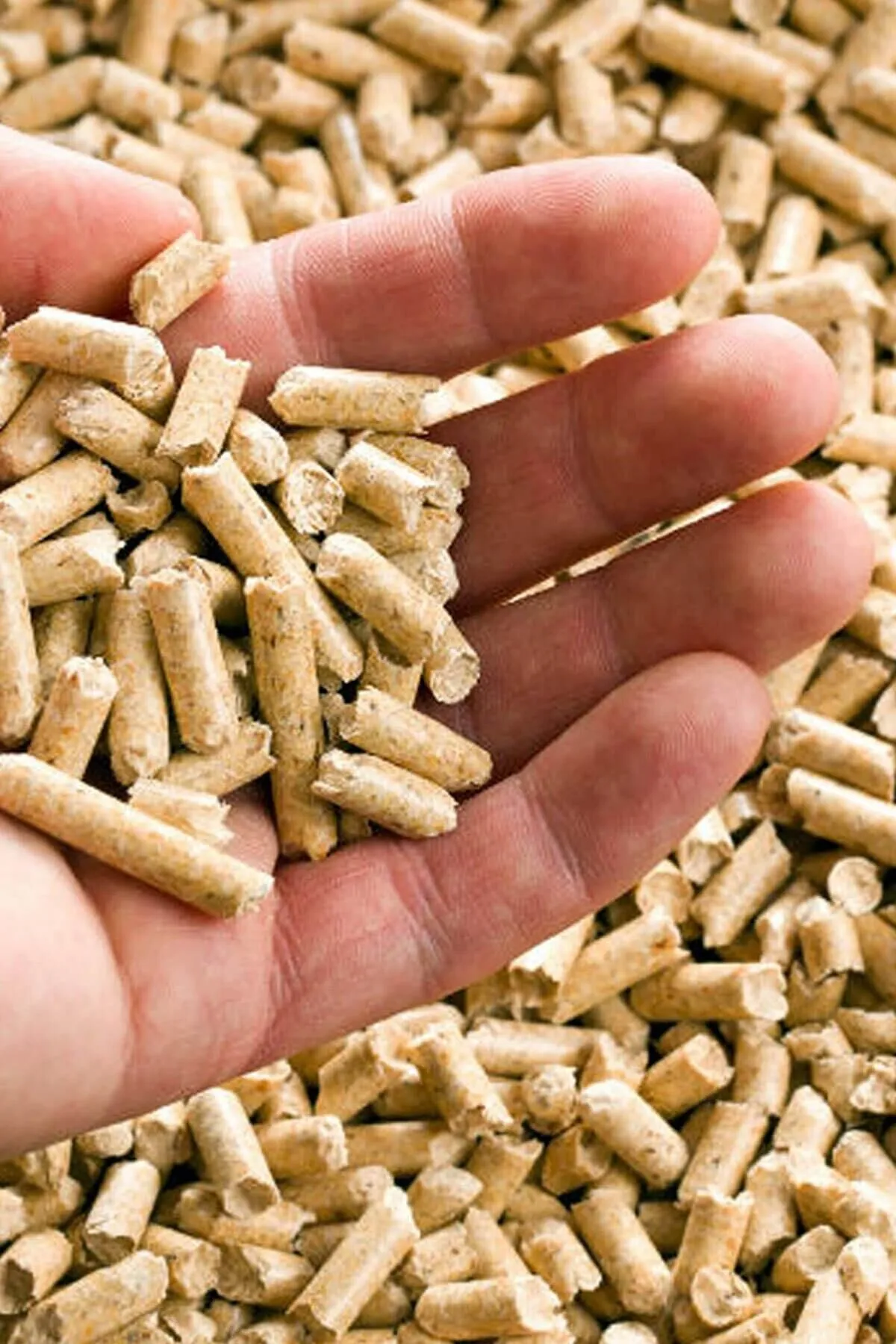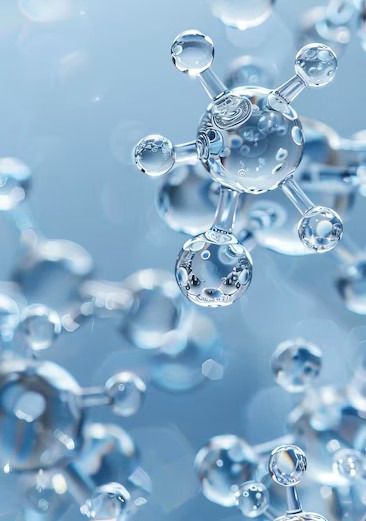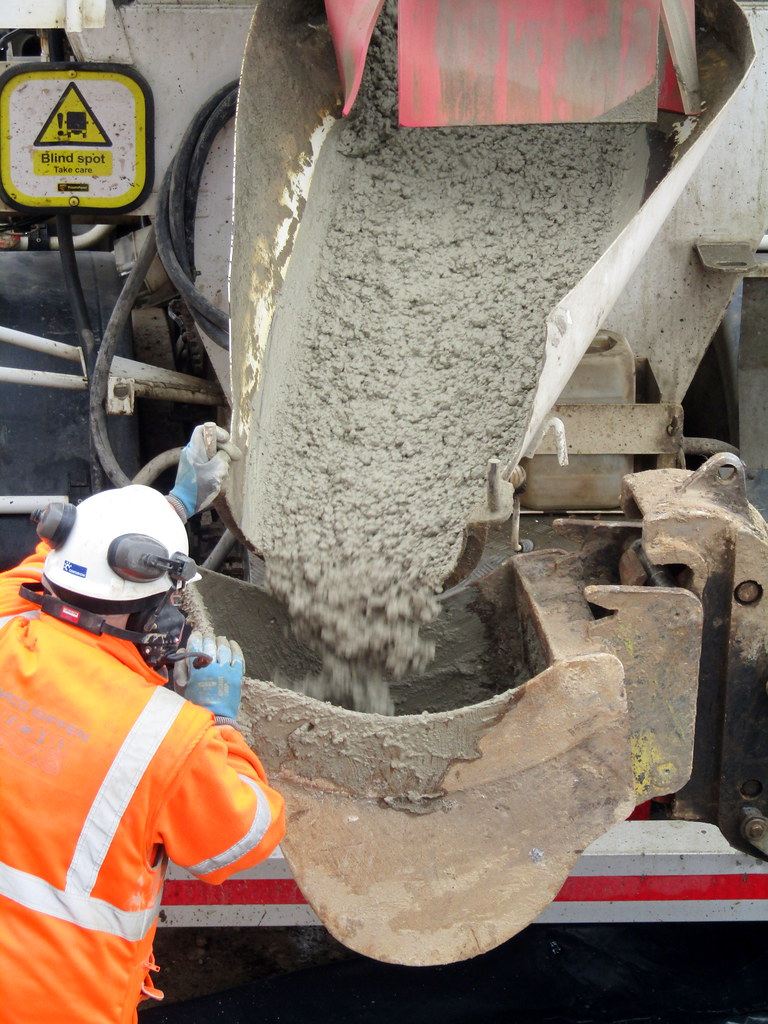-

Lignosulfonate works as a seed coating binder
Lignosulfonates, natural polymers derived from lignin during the sulfite pulping process, are increasingly valued as eco-friendly binders in seed coating applications. Their adhesive properties, biodegradability, and versatility make them a sustainable alternative to synthetic binders, supporting modern agricultural practices that prioritize environmental responsibility and efficiency. What Are Lignosulfonates? Lignosulfonates are water-soluble compounds produced as byproducts…
-

Lignosulfonate works as a liquid soil conditioner
Lignosulfonate-based liquid soil conditioners are natural, eco-friendly products derived from lignin, a complex organic polymer found in wood and a byproduct of the paper and pulp industry. These conditioners, typically available as sodium, calcium, or ammonium lignosulfonate, are widely used in agriculture to improve soil health, enhance plant growth, and manage environmental challenges like erosion…
-

Lignosulfonate water reducer for concrete
What Are Lignosulfonates, Anyway? Imagine you’re making paper from wood in a factory. During that process, you get a byproduct called lignin—a natural glue-like substance that holds wood fibers together. Lignosulfonates are made from this lignin when it’s treated with sulfite chemicals, turning it into a water-soluble material. Think of it as a “waste” product…
-

Lignosulfonate is an eco-friendly dispersant
Lignosulfonates are widely recognized as eco-friendly dispersants due to their renewable origins, biodegradability, and versatile applications across industries. Derived from lignin, a natural polymer that forms a significant component of plant cell walls, lignosulfonates are primarily obtained as byproducts of the sulfite pulping process in the paper and pulp industry. Their environmentally friendly profile makes…
-

Lignosulfonate works as a binder.
What Are Lignosulfonates and Why Are They Used as Binders? Lignosulfonates are natural, eco-friendly materials that come from lignin, a substance found in the cell walls of plants, especially trees. Think of lignin as the “glue” that holds wood together. During the paper-making process (specifically sulfite pulping), lignin is broken down and chemically modified with…
-

Lignosulfonate solution
A lignosulfonate solution is a water-based mixture containing lignosulfonates, which are complex, water-soluble polymers derived from lignin—a naturally occurring substance in the cell walls of plants, particularly wood. Lignosulfonates are typically obtained as a byproduct of the sulfite pulping process used in the paper industry, where lignin is chemically modified by adding sulfonic acid groups.…
-

Industrial Chemical Dispersant MF
Dispersant MF is a highly effective anionic surfactant that plays a critical role in a wide range of industrial processes. Derived from the sulfonation of a specific coal tar fraction to produce methylnaphthalene sulfonic acid, followed by condensation with formaldehyde, this chemical is typically supplied as a fine brown powder. Its exceptional properties, including excellent…
-

Water-Based Dispersant MF
What is Dispersant MF? Dispersant MF is a special chemical used to help mix and spread particles evenly in water-based mixtures. Imagine trying to stir sugar into a glass of water—if the sugar clumps up, it doesn’t dissolve properly. Dispersant MF works like a helper that prevents clumping, making sure everything stays evenly mixed, whether…
-

MF Dispersant in Concrete Admixtures
MF Dispersant, also known as Melamine Formaldehyde Dispersant, is a specialized chemical additive widely used in concrete admixtures to optimize the properties of concrete. This detailed exploration covers what MF Dispersant is, its chemical composition, how it functions in concrete mixtures, its applications, benefits, limitations, and environmental considerations. What is MF Dispersant? MF Dispersant is…
